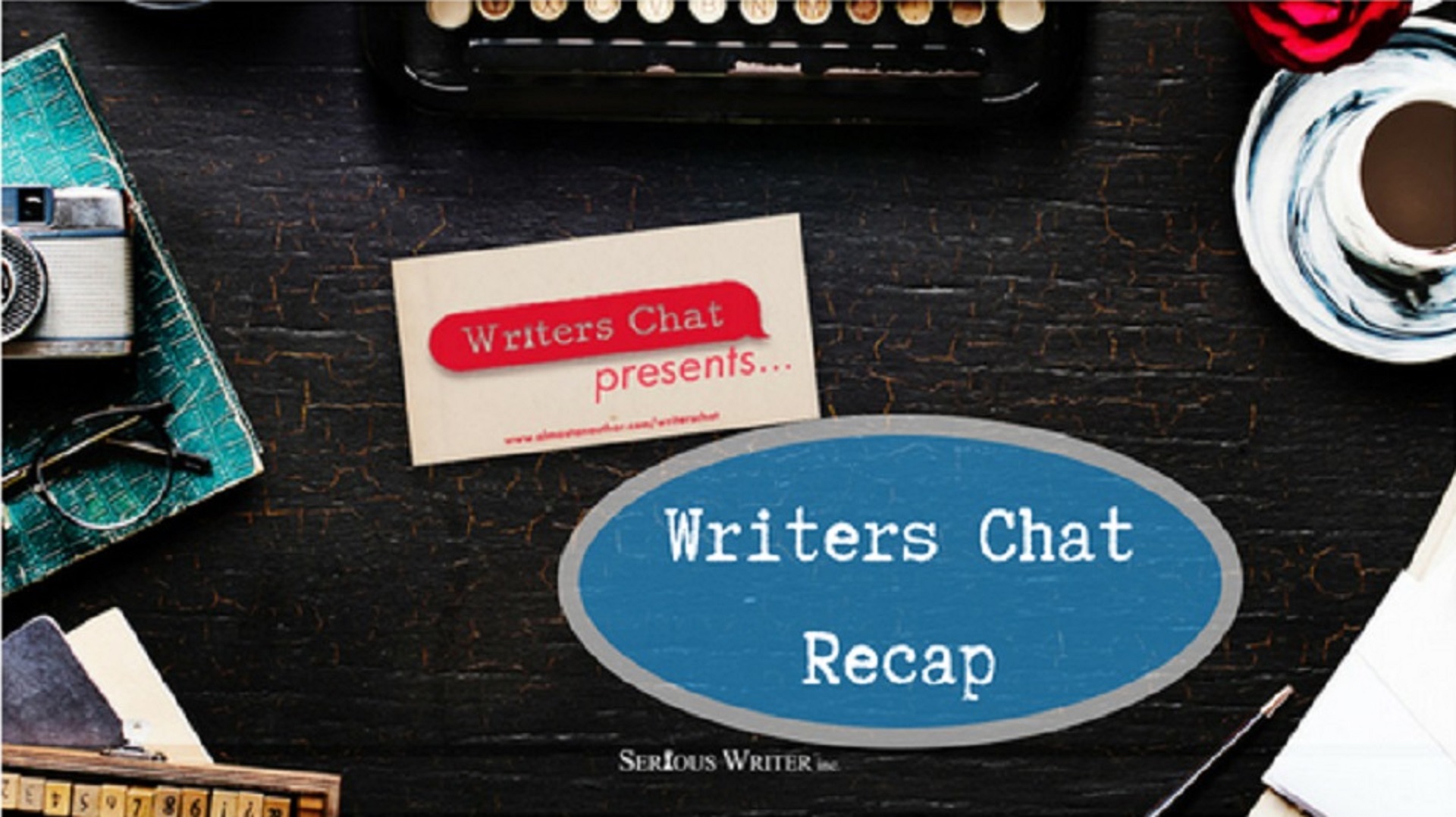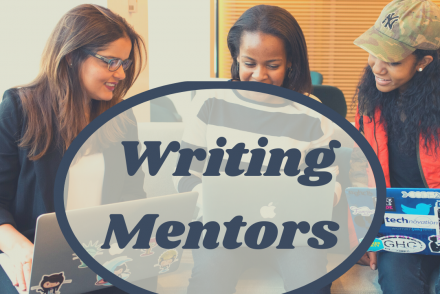
10 Tips to Ruin Your Book and Lose Your Readership
Writing your book should be something that the author finds interesting. However, in the long run, you aren’t writing the…
November 21, 2020
Writing your book should be something that the author finds interesting. However, in the long run, you aren’t writing the…
November 21, 2020
Writers Chat, hosted by Jean Wise, Johnnie Alexander, and Bethany Jett, is the show where we talk about all…
November 15, 2020
As writers, we are concerned about protecting our work from theft or misuse. That is why we should have…
November 8, 2020
Can you share a little about your recent book? A Bruised Reed: Memoirs of African Orphans and Their Rescuers…
November 1, 2020
Writers Chat, hosted by Jean Wise, Johnnie Alexander, and Bethany Jett, is the show where we talk about all…
October 30, 2020
Amanda Cox recently released her debut novel. The Edge of Belonging, which takes place in both the 1990s and…
October 26, 2020
Writers Chat, hosted by Jean Wise, Johnnie Alexander, and Bethany Jett, is the show where we talk about all…
October 15, 2020
Why do you write? I can’t imagine a life NOT writing. OR it’s those nasty voices in my head…
October 12, 2020
What is a lead magnet? A lead magnet is a marketing term for a free item or service that is given…
October 8, 2020
You’ve written a book and published, and that felt like the hard part. But marketing your book is one of the…
October 2, 2020
Can you share a little about your recent book? The Bright Unknown is ultimately a story of what it…
October 1, 2020
Writers Chat, hosted by Jean Wise, Johnnie Alexander, and Bethany Jett, is the show where we talk about all…
September 30, 2020
Liz Johnson shares the story behind the story of A Dazzle of Diamonds, the latest novel in her popular…
September 26, 2020
In Harper Lee’s To Kill a Mockingbird (1960), the character Atticus Finch says, “You never really understand a person…
September 24, 2020
Writers Chat, hosted by Jean Wise, Johnnie Alexander, and Bethany Jett, is the show where we talk about all…
September 15, 2020
Do you want to take your creativity and problem-solving abilities to a new level? Diversify your inputs. Increasing the…
September 8, 2020
Can you share a little about your recent book? Leadership with a Servant’s Heart is about being a servant…
September 1, 2020
The biggest misconception that most authors have is that they need to have hundreds or thousands of dollars to…
August 31, 2020
Writers Chat, hosted by Jean Wise, Johnnie Alexander, and Bethany Jett, is the show where we talk about all…
August 30, 2020
Hope Bolinger, who describes herself as a “combo of driven and nerdy,” is a prodigious writer with an impressive…
August 26, 2020
We’re all struggling in this craziness, but one thing is sure, we are writers! We push on and don’t…
August 25, 2020
Writers Chat, hosted by Jean Wise, Johnnie Alexander, and Bethany Jett, is the show where we talk about all…
August 21, 2020
It has never been easier to publish a book thanks to the rapid advancement of technology. Goodreads and Amazon…
August 18, 2020
The first thing a beginning writers often hear is “write what you know.” Good advice! But once you have…
August 14, 2020
Writing is hard work. It may not look like writers expend much energy, but we are. Writing saps our…
August 8, 2020